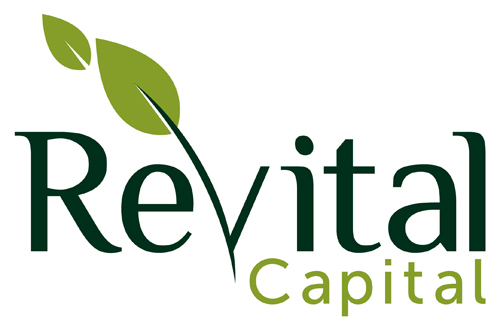SBA Loans
The Small Business Administration (SBA) offers various financing options for companies with less than 500 employees. These loans can be used for different purposes, including the purchase of real estate, covering operating costs, inventory and even business acquisitions. In each case, the SBA doesn’t finance the entire loan directly. Instead, the Administration guarantees up to 90 percent of the loan, making lenders more willing to approve applicants.
Overview
For small businesses, it can be challenging to secure financing. Typically, commercial lenders want to see strong sales and credit history before issuing a new loan. However, since new companies won’t have these components, they’re facing a tough approval process.
Fortunately, the Small Business Administration can help by guaranteeing the majority of the loan. In fact, there are more than one type of loan backed by the SBA.
Here are two of the most common SBA loan options:
- SBA 7a Loan – This loan is the most versatile, as funds can go toward a wide array of business needs. Companies can secure financing up to $5 million for new equipment, business acquisitions, real estate, and working capital.
- SBA 504 Loan – For companies that need more money to secure owner-occupied real estate, a 504 loan is a better option. Loan amounts can be up to $11.5 million. You’ll work with a Certified Development Company (CDC) to help you complete your project.
Loan Highlights
- The SBA doesn’t underwrite the loan directly. Instead, it guarantees the majority of it for lenders the way the FDIC secures personal bank accounts.
- Amounts for 504 loans can exceed $20 million, while 7a loans can be up to $5 million.
- Loans are designed for business acquisition, real estate, heavy machinery or operating costs, depending on the type of loan you take.
- Terms are based on your time in business, historical revenue, and evidence of a future focused business plan.
- Repayment terms can be as long as 25 years for real estate loans, and 10 years for equipment loans.
- Interest rates are usually favorable, and the SBA updates them based on the Federal prime rate.

Pros
- It’s easier for a new business to qualify for an SBA loan.
- Funding options are flexible.
- Loan amounts can be higher than traditional lenders.
- Interest rates and repayment terms are usually better than traditional lenders.
Cons
- The application process is sometimes lengthy.
- Typically, the SBA requires collateral to cover the loan, limiting a company’s borrowing power later on.
- Early payment may incur a penalty.
Apply Today
Begin your path to funding with a simple, informational application.

